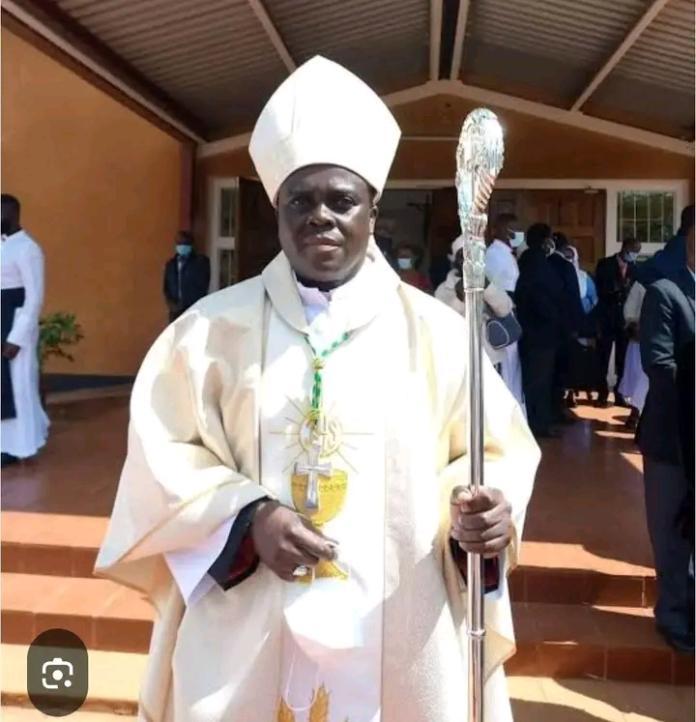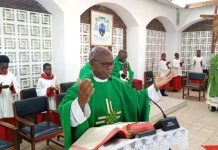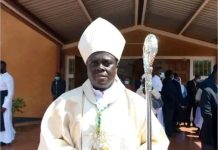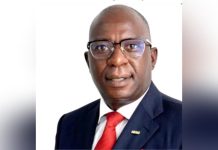Africa-Press – Zambia. In Zambia’s evolving political landscape, the role of the Church remains both indispensable and delicate. The Nation looks to religious leaders for moral direction, spiritual nourishment, and unity. Yet, the growing tendency by some clergy to wade into partisan politics threatens to blur the sacred lines that preserve the integrity of the Church.
The Church in Zambia should not take sides in political battles. Its mission is spiritual, not political. When Church leaders become entangled in partisan interests, they risk being compromised by politicians whose primary aim is to advance their own agendas. In such scenarios, the clergy face a dangerous conflict of allegiance, attempting to serve both God and political masters. That, by any measure of faith, is untenable.
Equally, politicians must refrain from enticing or manipulating clergy for political gain. A religious pulpit should never become a campaign platform, nor should religious authority be used to sanitise political ambitions. When political actors attempt to pull Church leaders into partisan trenches, they weaken an institution meant to stand above everyday political contestation.
Congregants, too, have an important responsibility. They must be vigilant and resist being led by clergy who have become political instruments. If Church members allow their leaders to be used as tools for political advancement, then the Church risks becoming an extension of political parties, whether ruling or opposition. This would erode public confidence in religious leadership and damage the spiritual fabric that holds communities together.
Pastors, Reverends, Fathers, Bishops and other clergy, whether from the Seventh-Day Adventist, United Church of Zambia, Catholic Church, Anglican Church, Evangelical Church, Baptist Church, New Apostolic Church, or Jehovah’s Witnesses, must not be allowed to drift into partisan activism. Those who feel compelled to engage openly in politics should do so transparently by resigning from their clerical responsibilities. It is more honourable and honest for clergy to step into full-time politics than to use the pulpit to preach political messages under the guise of speaking for the “voiceless”.
For Zambia to maintain a strong moral foundation, the Church must remain a neutral, principled guide for all citizens, regardless of political affiliation. When clergy remain faithful to their sacred calling, the Church can continue to unite, inspire, and uplift the Nation. But once it becomes entangled in partisan conflict, it risks losing both its authority and the trust of the people it seeks to shepherd.
The Church must serve God. The politicians must serve the people. And the two roles must never be confused.
For More News And Analysis About Zambia Follow Africa-Press







